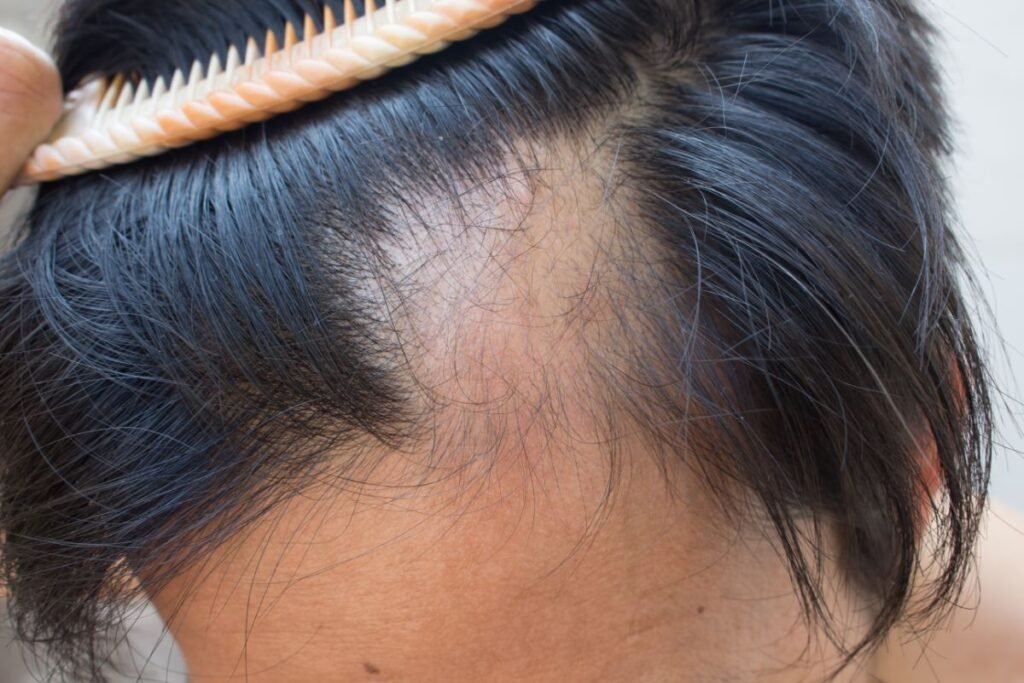South Korea has become one of the world’s leading destinations for hair transplant procedures, attracting thousands of international patients each year. Known for its advanced medical technology, skilled surgeons, and excellent patient care, Korea offers top-tier hair restoration services that combine safety with natural results.
If you’re considering traveling to Korea for a hair transplant, there are several important factors to keep in mind to ensure a smooth, safe, and successful experience. This comprehensive guide covers everything you need to know before booking your trip.
1. ✈️ Planning Your Trip: When and How Long to Stay
Optimal Timing
Hair transplant surgery requires time for recovery and follow-up care. Most clinics recommend staying in Korea for 7 to 10 days post-procedure to allow for:
- Initial wound healing
- Postoperative check-ups
- Removal of stitches (if FUT method is used)
- Managing any immediate complications
When to Book
Avoid scheduling your trip during Korea’s major holidays or peak travel seasons (like Lunar New Year or Chuseok) when clinics may be closed or overbooked.
2. 🏥 Choosing the Right Clinic and Surgeon
Research Thoroughly
- Look for board-certified hair transplant surgeons with extensive experience.
- Read verified patient reviews on platforms like RealSelf, TrustPilot, and medical tourism forums.
- Confirm the clinic’s accreditation and hygiene standards.
Virtual Consultations
Many Korean clinics offer free online consultations where you can:
- Share photos of your scalp
- Discuss your hair loss history and medical background
- Receive a preliminary treatment plan and cost estimate
3. 💸 Budgeting: Cost and Payment Methods
Transparent Pricing
Most Korean clinics offer all-inclusive packages covering:
- Preoperative tests and consultation
- Surgery and anesthesia
- Postoperative medications and aftercare
- Accommodation and airport transfers (optional)
Payment Methods
Be prepared to pay with:
- International credit cards (Visa, MasterCard)
- Bank transfers
- Some clinics may accept PayPal or Alipay
Always confirm payment methods in advance and beware of hidden fees.
4. 🛂 Visa and Entry Requirements
Visa Policies
Depending on your nationality, you may or may not need a visa to enter Korea for medical treatment. Many countries qualify for visa exemption or e-visa programs.
Medical Tourism Visa
South Korea offers a medical tourism visa for patients planning procedures over 6 months, but short-term visitors typically use regular tourist visas.
Check the latest visa policies on the Korean Embassy website for your country before traveling.
5. 🩺 Preoperative Medical Assessment
Before surgery, you’ll undergo a medical evaluation, including:
- Blood tests to check for infections, anemia, and clotting function
- Scalp analysis and hair density measurement
- Review of any medications, especially blood thinners or supplements
If you have chronic conditions (diabetes, hypertension), ensure they are well-controlled.
6. 💉 Understanding the Procedure: FUE vs FUT
FUE (Follicular Unit Extraction)
- Individual hair follicles extracted one by one
- Minimal scarring, faster recovery
- Popular among international patients due to less downtime
FUT (Follicular Unit Transplantation)
- Strip of scalp removed, follicles dissected under microscope
- Linear scar, longer healing time
- Better for large graft numbers
Discuss with your surgeon which method suits your hair loss pattern, medical status, and lifestyle.
7. 🏨 Accommodation and Local Transportation
Where to Stay
Clinics often partner with nearby hotels or guesthouses offering discounted rates for patients.
Look for accommodations:
- Close to the clinic for easy access
- Offering quiet, comfortable recovery environments
Getting Around
Korea has an excellent public transportation system:
- Subway and buses are affordable and convenient
- Taxis and ride-hailing apps (Kakao Taxi) are available with English options
- Some clinics provide airport pickup and drop-off
8. 🩹 Postoperative Care and Restrictions
Immediate Aftercare
- Keep the scalp clean and avoid direct sunlight
- Use prescribed medications to reduce inflammation and prevent infection
- Avoid heavy exercise, swimming, or alcohol for at least 1–2 weeks
Follow-Up Visits
Some clinics offer remote follow-up via video calls if you return home early, but in-person visits are best within the first week.
9. 📱 Language and Communication
While many clinics provide English-speaking coordinators, having a translation app or phrasebook for basic Korean can be helpful. Clear communication about your symptoms and care instructions is crucial for optimal results.
10. ⚠️ Risks and Realistic Expectations
Hair transplant is a surgical procedure with potential risks:
- Infection
- Scarring
- Shock loss (temporary shedding)
- Uneven hair growth
Discuss your expectations openly with your surgeon and understand that final results typically take 6 to 12 months to fully develop.
Conclusion: Prepare Thoroughly for a Successful Hair Transplant Journey in Korea
Traveling to Korea for a hair transplant offers access to some of the world’s best medical care and natural-looking results. However, proper preparation—from choosing the right clinic to understanding the procedure and recovery—is essential for a positive experience.
By planning your trip carefully, consulting with experienced Korean surgeons, and following postoperative instructions diligently, you’ll maximize your chances of achieving the hair restoration results you desire—while enjoying the rich culture and hospitality Korea has to offer.




